How to Build Resilience and Overcome Addiction
Addiction and trauma can have devastating impacts on one’s life. The struggle to overcome addiction and trauma is a long and challenging journey that requires a combination of practical skills, social change, and resilience. As a recovering addict with ten years of sobriety, I have learned from personal experience the importance of practical skills, social change, and resilience in building a successful recovery journey. In this comprehensive guide, I will provide insights and tips on how to overcome addiction and trauma by developing practical skills and habits that promote resilience. By using specific keywords related to addiction recovery, trauma therapy, and overcoming substance abuse, this guide can be more easily accessible to those who need it most.
The Connection between Trauma and Addiction
Trauma and addiction are closely related. Many people who struggle with addiction have experienced trauma, and addressing these experiences is essential for building resilience. Trauma can cause mental and physical health problems that can lead to addiction as a coping mechanism. However, addressing unresolved trauma can help individuals better understand the root causes of their struggles and learn healthy coping mechanisms.
To start addressing unresolved trauma, it is important to seek professional help. Trauma therapy, cognitive-behavioral therapy, and group therapy are effective methods of addressing trauma. These therapies can help individuals to gain a better understanding of their past experiences, develop healthy coping mechanisms, and build resilience.
Developing Practical Skills and Habits to Promote Resilience
Building resilience is an ongoing process that requires dedication and hard work. Developing practical skills and habits is essential to building resilience. Practical skills and habits are effective ways to promote mental and physical health and bounce back from setbacks. Some practical skills and habits that can promote resilience include:
Advocating for Social Change
Advocating for social change is essential to ensure that individuals have access to the resources they need to thrive. Systemic factors such as poverty, discrimination, or trauma can limit an individual’s ability to cope with adversity and build resilience. Society needs to shift from a punitive approach to addiction to a more compassionate and supportive approach. This means addressing the root causes of addiction, such as trauma and systemic factors, and providing access to resources and support for those struggling with addiction.
As a sober content creator with a YouTube channel, Instagram, and a blog, I use my platform to raise awareness and advocate for social change, particularly in the area of addiction and recovery. Society needs to address the root causes of addiction and provide access to resources and support for those struggling with addiction. It is crucial to shift towards a more compassionate and supportive approach that focuses on long-term recovery and addresses the underlying issues that lead to addiction
How to Overcome Addiction and Trauma
By incorporating the practical skills and habits, and advocating for social change, individuals can overcome addiction and trauma. Following are some specific steps that individuals can take to build resilience and promote recovery:
Real World Examples of Building Resilience
Following are some real-world examples of individuals who have built resilience by incorporating practical skills and habits:
Conclusion
Building resilience is an ongoing process that requires dedication, hard work, and a willingness to face challenges head-on. By seeking professional help, practicing mindfulness meditation, exercising regularly, eating a healthy and balanced diet, getting enough sleep, and advocating for social change, individuals can build the mental and emotional tools needed to overcome addiction and trauma. As a recovering addict with ten years of sobriety, I hope that my experiences and insights can inspire and empower others to overcome trauma and thrive in their own lives. With the tips and insights shared in this guide, anyone can start on a path to resilience and recovery.

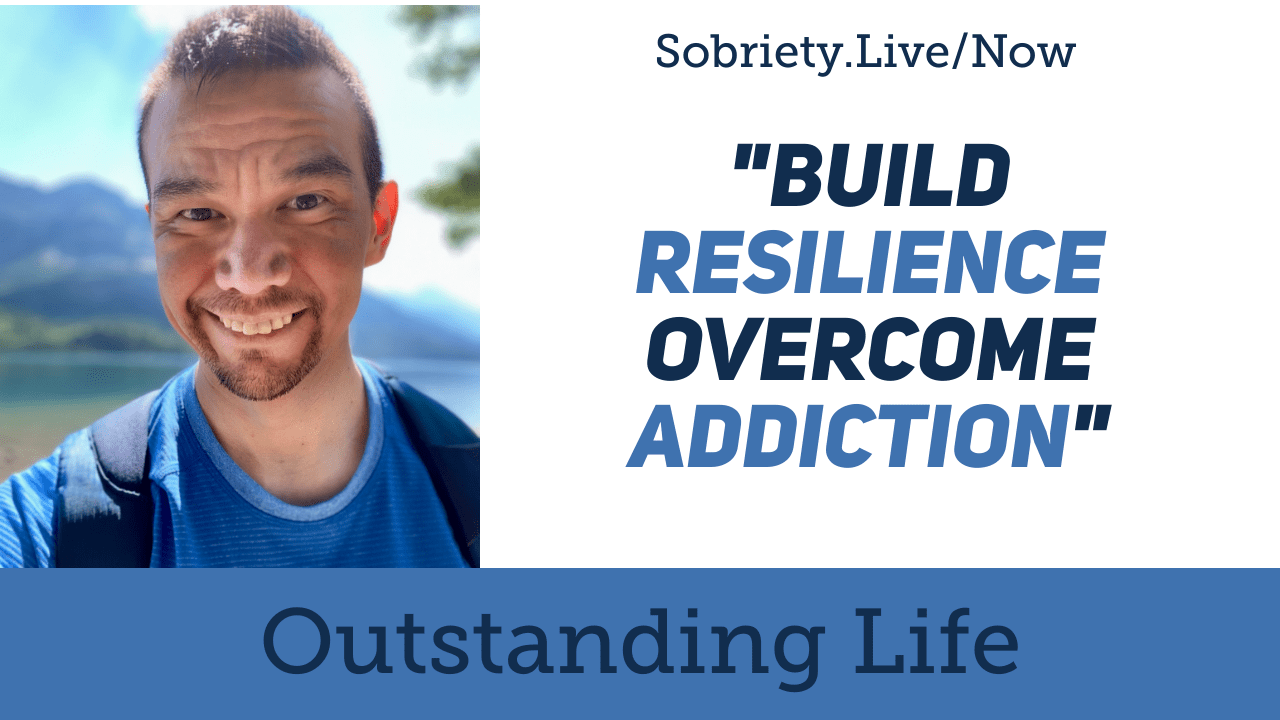









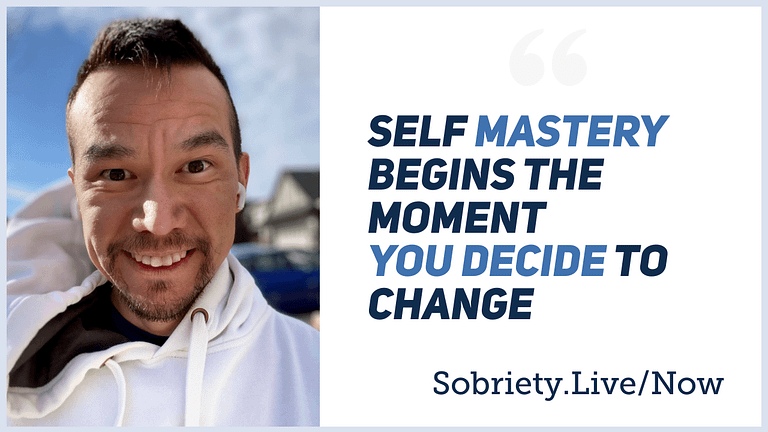

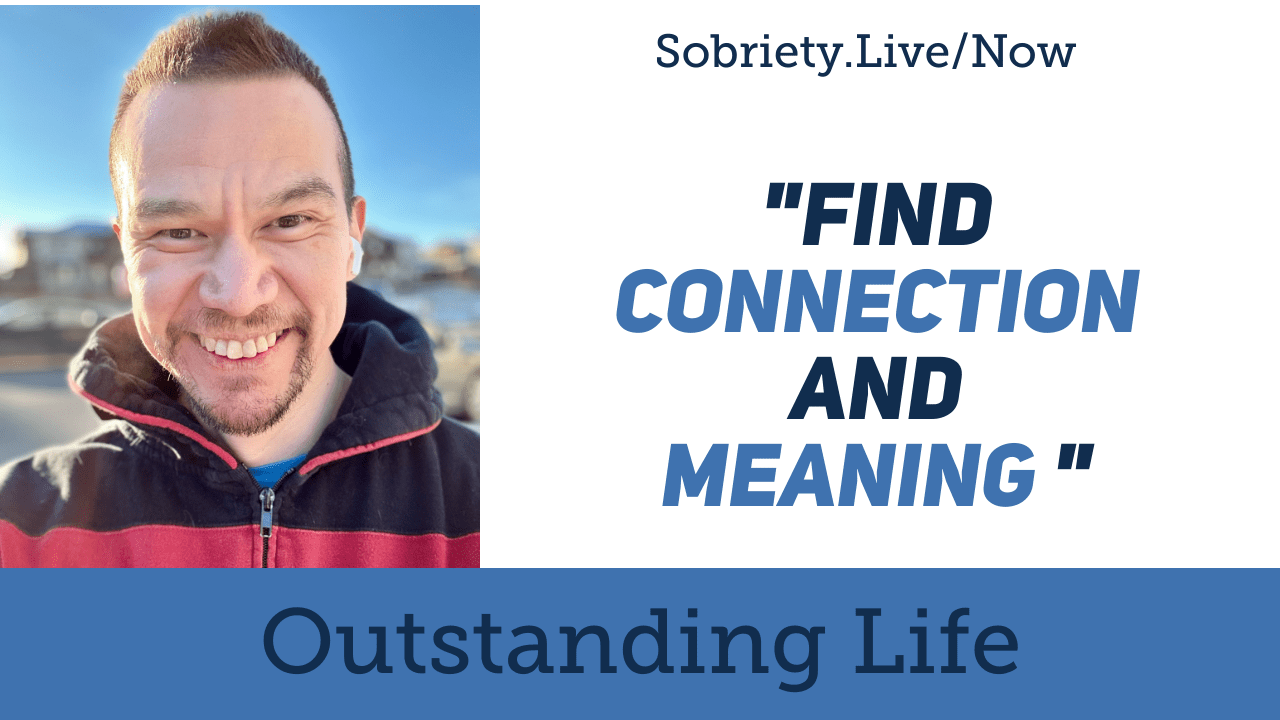
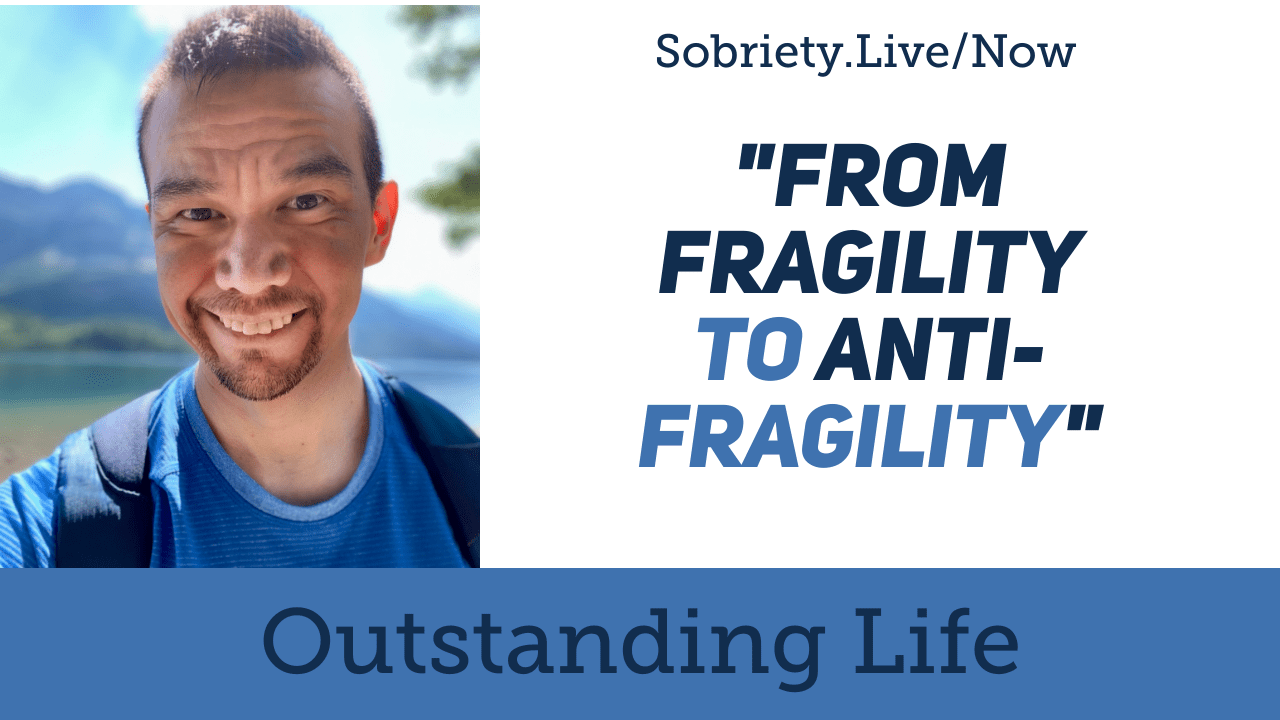
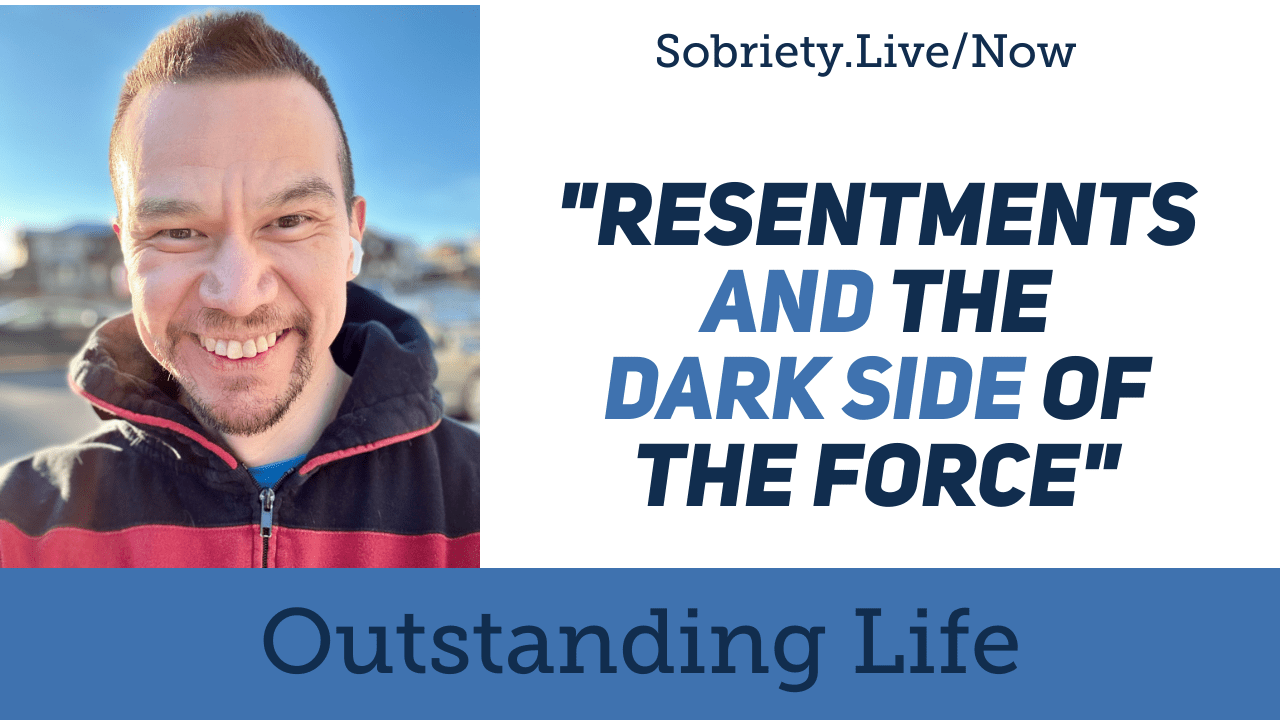
You must be logged in to post a comment.